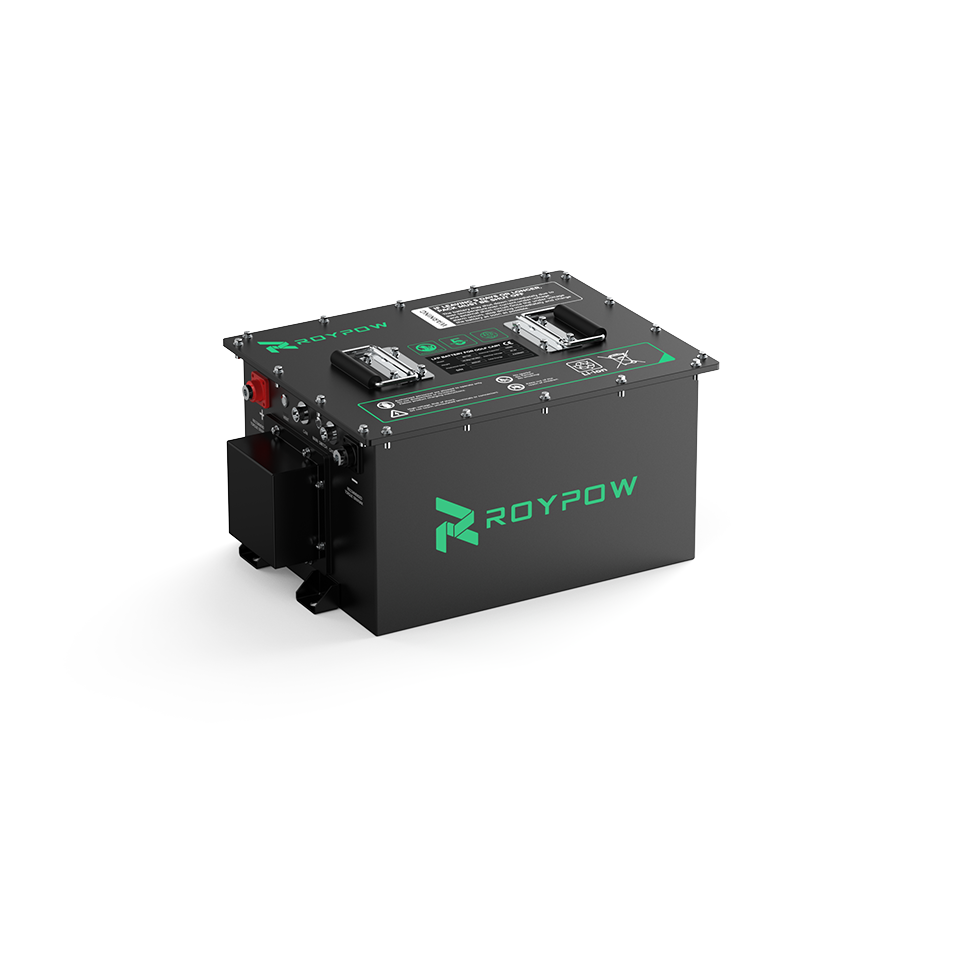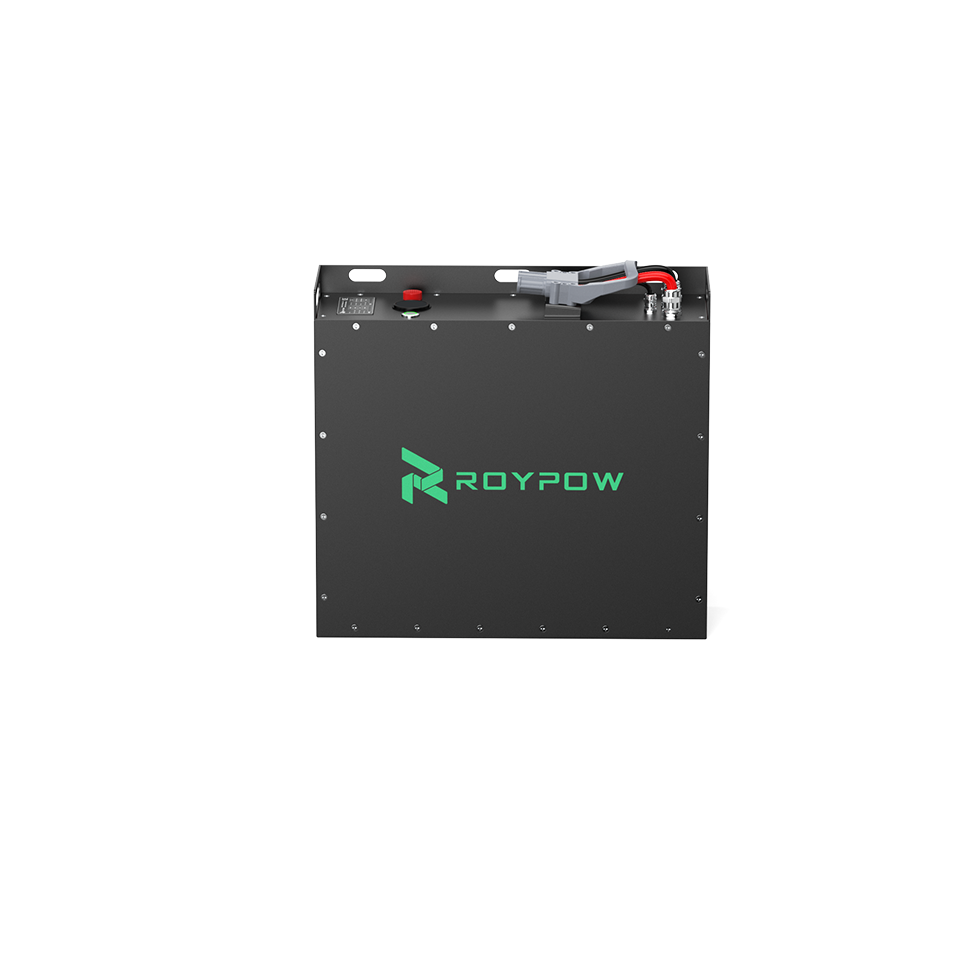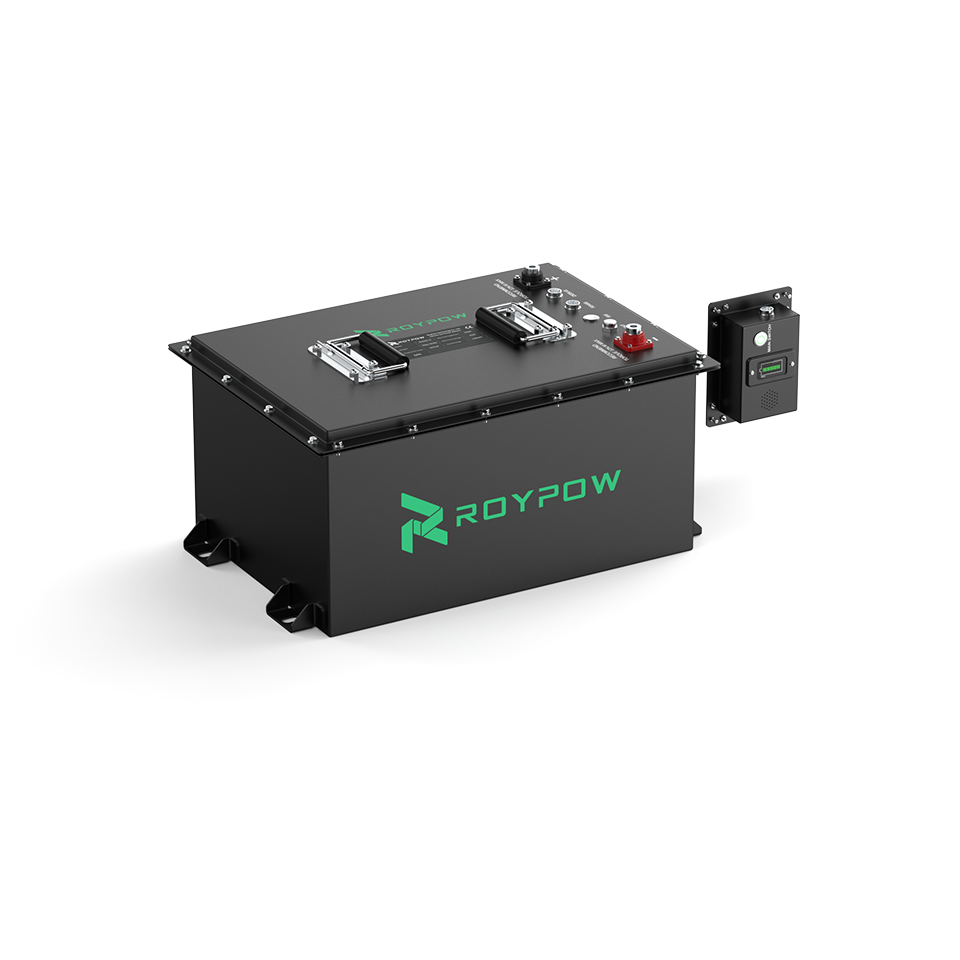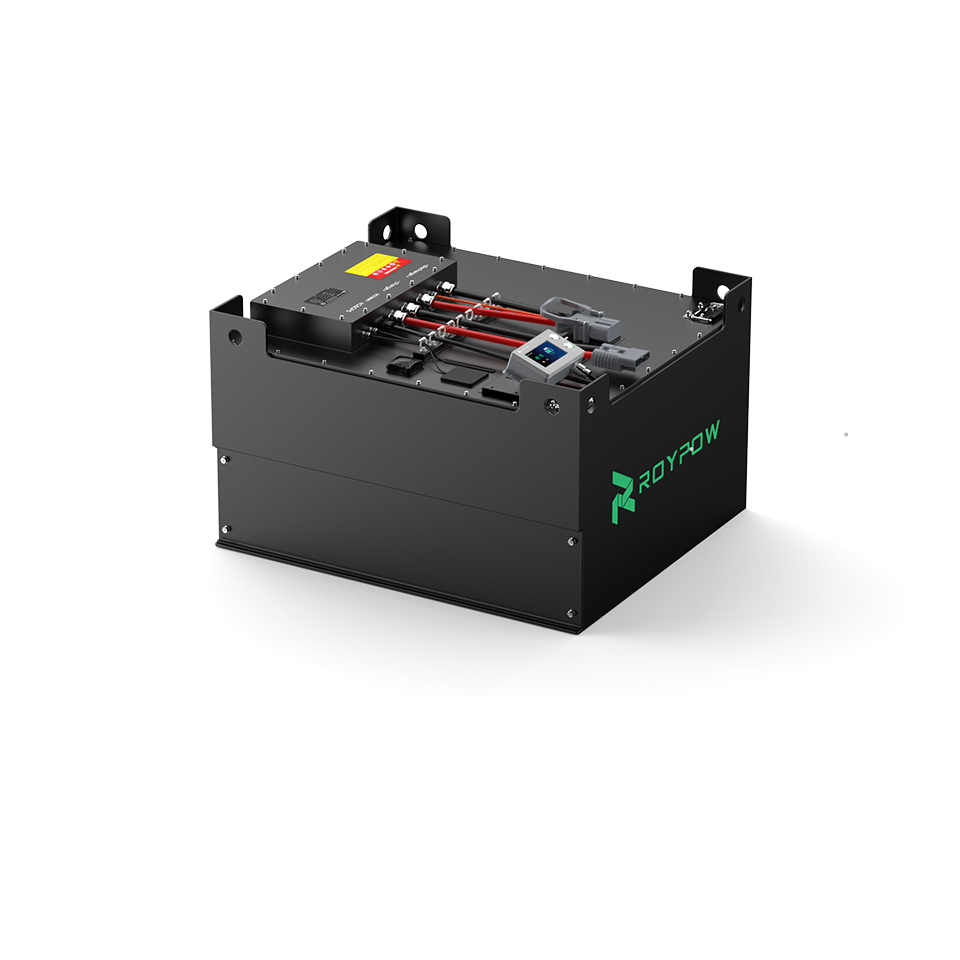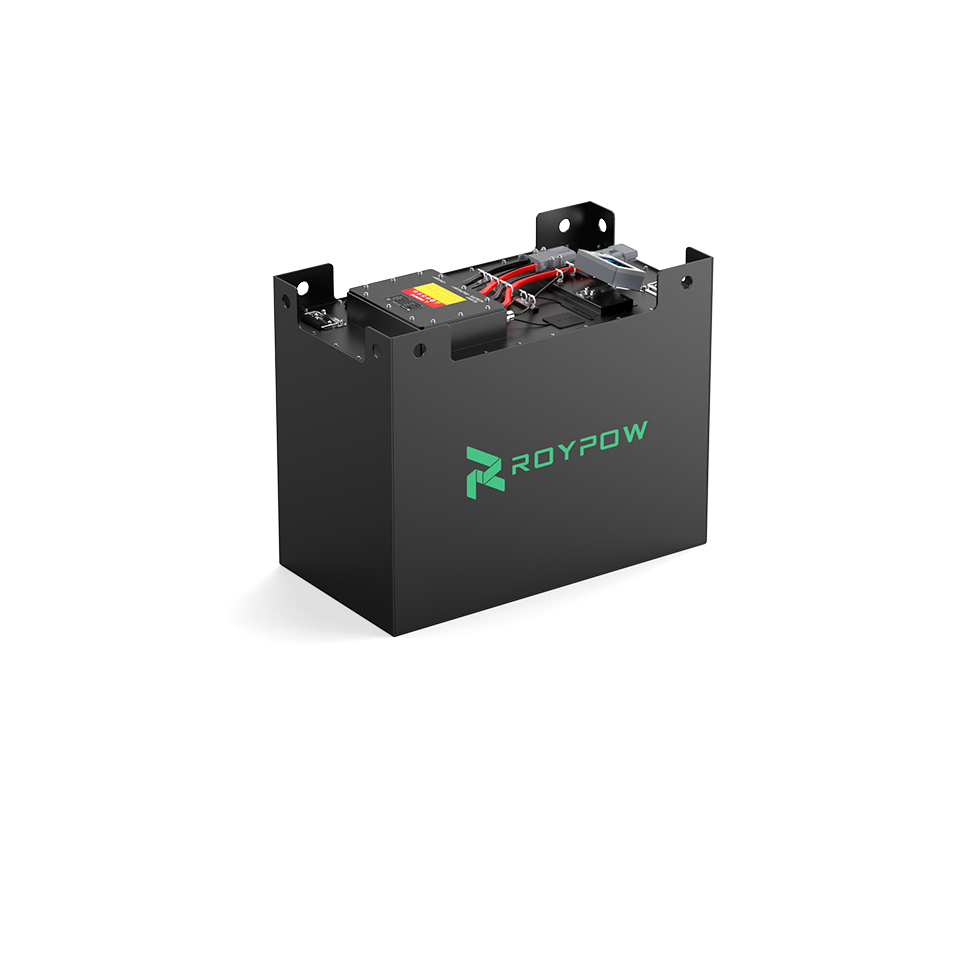A BMS battery management system is a powerful tool to improve the lifespan of a solar system’s batteries. The BMS battery management system also helps ensure the batteries are safe and reliable. Below is a detailed explanation of a BMS system and the benefits users get.
How a BMS System Works
A BMS for lithium batteries uses a specialized computer and sensors to regulate how the battery works. The sensors test for the temperature, charging rate, battery capacity, and more. A computer onboard the BMS system then makes calculations that regulate the charging and discharging of the battery. Its goal is to improve the lifespan of the solar battery storage system while ensuring it is safe and reliable to operate.
The Components of a Battery Management System
A BMS battery management system comprises several key components working together to deliver optimal performance from the battery pack. The components are:
Battery Charger
A charger feeds power into the battery pack at the correct voltage and flow rate to ensure it is optimally charged.
Battery Monitor
The battery monitor is a suit of sensors that monitor the batteries’ health and other crucial information like the charging status and temperature.
Battery Controller
The controller manages the charge and discharge of the battery pack. It ensures that the power enters and leaves the battery pack optimally.
Connectors
These connectors connect the BMS system, the batteries, the inverter, and the solar panel. It ensures that the BMS has access to all information from the solar system.
The Features of A BMS Battery Management System
Every BMS for lithium batteries has its unique features. However, its two most important features are protecting and managing the battery pack capacity. Battery pack protection is achieved by ensuring electrical protection and thermal protection.
Electrical protection means the battery management system will shut down if the safe operating area (SOA) is exceeded. Thermal protection can be active or passive temperature regulation to keep the battery pack within its SOA.
Regarding battery capacity management, the BMS for lithium batteries is designed to maximize capacity. A battery pack will eventually become useless if capacity management is not performed.
The requirement for capacity management is that each battery in a battery pack has a slightly different performance. These performance differences are most notable in leakage rates. When new, a battery pack may perform optimally. However, over time, the difference in battery cell performance widens. Consequently, it can lead to performance damage. The result is unsafe operating conditions for the entire battery pack.
In summary, the BMS battery management system will remove the charge from the most charged cells, which prevents overcharging. It also allows the less charged cells to receive more charging current.
A BMS for lithium batteries will also redirect some or almost all of the charging current around the charged cells. Consequently, the less charged cells receive charging current for a longer period.
Without a BMS battery management system, the cells that charge first would continue to charge, which could lead to overheating. While lithium batteries offer excellent performance, they have a problem with overheating when excess current is delivered. Overheating a lithium battery greatly degrades its performance. In the worst-case scenario, it can lead to the failure of the entire battery pack.
Types of BMS for Lithium Batteries
Battery management systems can be simple or highly complex for different use cases and technologies. However, all of them aim to take care of the battery pack. The most common categorizations are:
Centralized BMS Systems
A centralized BMS for lithium batteries uses a single BMS battery management system for the battery pack. All the batteries are connected directly to the BMS. The main benefit of this system is that it is compact. Additionally, it is more affordable.
Its main downside is that since all batteries connect to the BMS unit directly, it requires a lot of ports to connect to the battery pack. The result is a lot of wires, connectors, and cabling. In a large battery pack, this can complicate maintenance and troubleshooting.
Modular BMS for Lithium Batteries
Like a centralized BMS, the modular system is connected to a dedicated portion of the battery pack. The module BMS units are sometimes connected to a primary module that monitors their performance. The main advantage is that troubleshooting and maintenance are more simplified. However, the downside is that a modular battery management system costs more.
Active BMS Systems
An active BMS battery management system monitors the battery pack’s voltage, current, and capacity. It uses this information to control the charging and discharging of the system to ensure the battery pack is safe to operate and does so at optimal levels.
Passive BMS Systems
A passive BMS for lithium batteries will not monitor current and voltage. Instead, it relies on a simple timer to regulate the charge and discharge rate of the battery pack. While it is a less efficient system, it costs much less to acquire.
The Benefits of Using a BMS Battery Management System
A battery storage system can comprise a few or hundreds of lithium batteries. Such a battery storage system could have a voltage rating of up to 800V and a current of 300A or more.
Mismanaging such a high-voltage pack could lead to serious disasters. As such, installing a BMS battery management system is important to operate the battery pack safely. The main benefits of a BMS for lithium batteries can be stated as follows:
Safe Operation
It is essential to ensure safe operation for a medium-sized or large battery pack. However, even small units like phones have been known to catch fire if a proper battery management system is not installed.
Improved Reliability and Lifespan
A battery management system ensures that cells within the battery pack are used within safe operating parameters. The result is that batteries are protected from aggressive charge and discharge, which leads to a reliable solar system that can provide years of dependable service.
Great Range and Performance
A BMS helps to manage the capacity of the individual units in the battery pack. It ensures that optimal battery pack capacity is achieved. A BMS accounts for the variations in self-discharge, temperature, and general attrition, which could render a battery pack useless if not controlled.
Diagnostics and External Communication
A BMS allows for continuous, real-time monitoring of a battery pack. Based on current usage, it provides reliable estimates of the battery’s health and expected lifespan. The diagnostic information provided also ensures that any major issue is detected early on before it turns disastrous. From a financial point of view, it can help to ensure proper planning for the replacement of the pack.
Reduced Costs in the Long Term
A BMS comes with a high initial cost on top of the high cost of a new battery pack. However, the resulting oversight, and protection provided by the BMS, ensures reduced costs in the long term.
Summary
A BMS battery management system is a powerful and effective tool that can help solar system owners understand how their battery bank operates. It can also help make sound financial decisions while improving a battery pack’s safety, longevity, and reliability. The result is that owners of a BMS for lithium batteries get the most out of their money.











